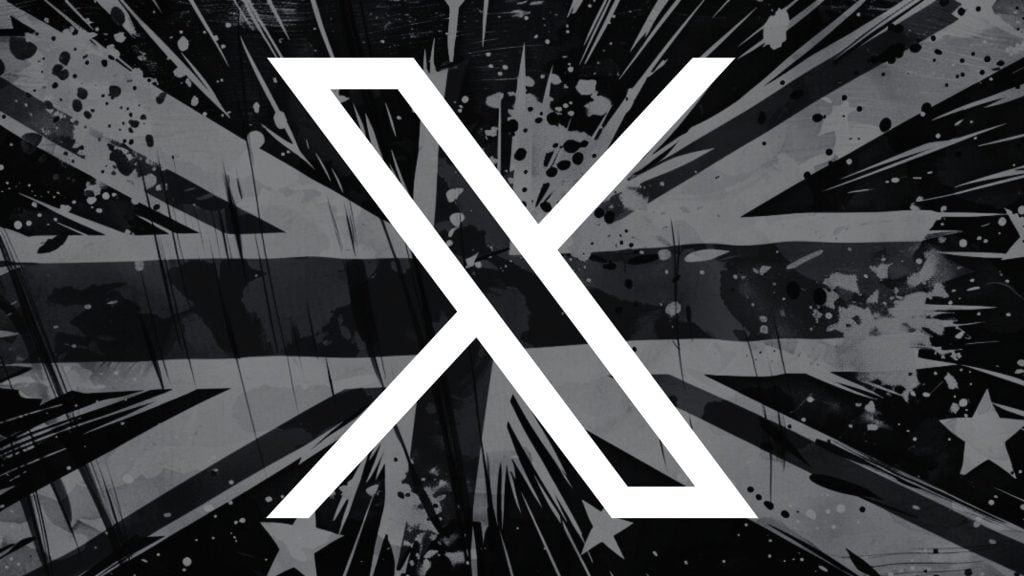China’s troubled, protest-stricken autonomous region of Hong Kong has long existed as in many ways a separate entity, with a different, and tolerated political culture – Beijing’s slogan for this is, “one country, two systems.”
This former British colony – while legally a part of the People’s Republic, has even been left out of something Beijing considers central to its ability to impose and maintain control – the Great Firewall and the resulting rampant internet censorship.
But there are more ways than one to censor internet users, as Nikkei Asian Review writes. A particularly concerning one is self-censorship, and that’s what the report suggests is happening now, as China’s new national security legislation is taking effect in Hong Kong.
The trend is said to be most noticeable now among social media users who identify with the Hong Kong protest movement, that was launched over a year ago.
The protests were sparked by a draft extradition law that would have enabled for turning over Hong Kong residents to the mainland authorities; that was in the meantime scrapped, in the hope to pacify protesters – but the multi-month unrest, in the end, resulted in this new law taking effect on Tuesday, that deals with some very serious crimes like terrorism, separatism, and, it seems, the universally hated foreign interference.
Twitter users have been spotted shutting down their accounts that feature hashtags supportive of Hong Kong protests, apparently not out of immediate necessity or fear, but to spare themselves any future problems – the definition of self-censorship.
However, some, like Apple Daily founder Jimmy Lai Chee-ying shared on the same social platform that after receiving warnings from exiled Chinese pro-democracy activists, he has reason to suspect h might be targeted by the new rules.
The same sense of uncertainty and fear over what the future holds is being felt on Facebook, where many Hong Kong residents are said to be preemptively deleting their potentially offending to Beijing posts. An anonymous source described for Nikkei his motive for changing his Facebook name, and it reads like a combination of justified fear and paranoia.
“We are now so afraid that we could be sold out by our so-called friends online,” the Facebook user, said to be a teacher, explained.
However, the paranoia impression quickly evaporates as he explains that some users had been going through others’ post history to dig up anything that could be weaponized against them (“cancel” them, if you like). And that’s because the opposition to China’s regime is not nearly universal. It has its own supporters, and they are online, too.
Enterprises seem to be facilitating this – like Hong Kong’s leading carrier Cathay Pacific Airways has an internal platform allowing employees to complain about others, resulting in self-censorship on social media.
And while all this might seem regrettable and even deplorable from the point of view of personal and political freedoms, let alone freedom of speech, it’s hard to imagine that Beijing won’t be pleased with the news of the efficiency of its policy, that is apparently working on muzzling dissent and discontent even before the law is enacted.
This way, at least when it comes to their online expression and presence, activists and their supporters and sympathizers are doing all the work so China doesn’t have to.
The nature of the new law doesn’t help alleviate a sense of uncertainty and fear – at the very least, people stand to lose their jobs if found on the wrong side of this “debate.” As is often the case with totalitarian or totalitarian-adjacent rules – whether they are enacted by state entities or giant internet companies – making them as vague as possible keeps the intended target guessing, while any possible punishment doesn’t require much explanation. The less precise a law is, the more “crimes” it can cover effortlessly.
With China’s national security law, people in general but also professionals like journalists are likely to be affected, as Chinese University of Hong Kong professor Clement Y.K. So observed.
“People are starting to really worry, and they are starting to delete things they said online in the past,” the professor said.
However, one of the unnamed teachers that the website spoke to appears to have discovered the first and last weapon of any downtrodden nation or group: defiance.
“To stay defiant is the best and the only way to deal with authoritarian regime. If you lose the spirit, there will be no hope,” he said.
If you're tired of censorship and dystopian threats against civil liberties, subscribe to Reclaim The Net.









